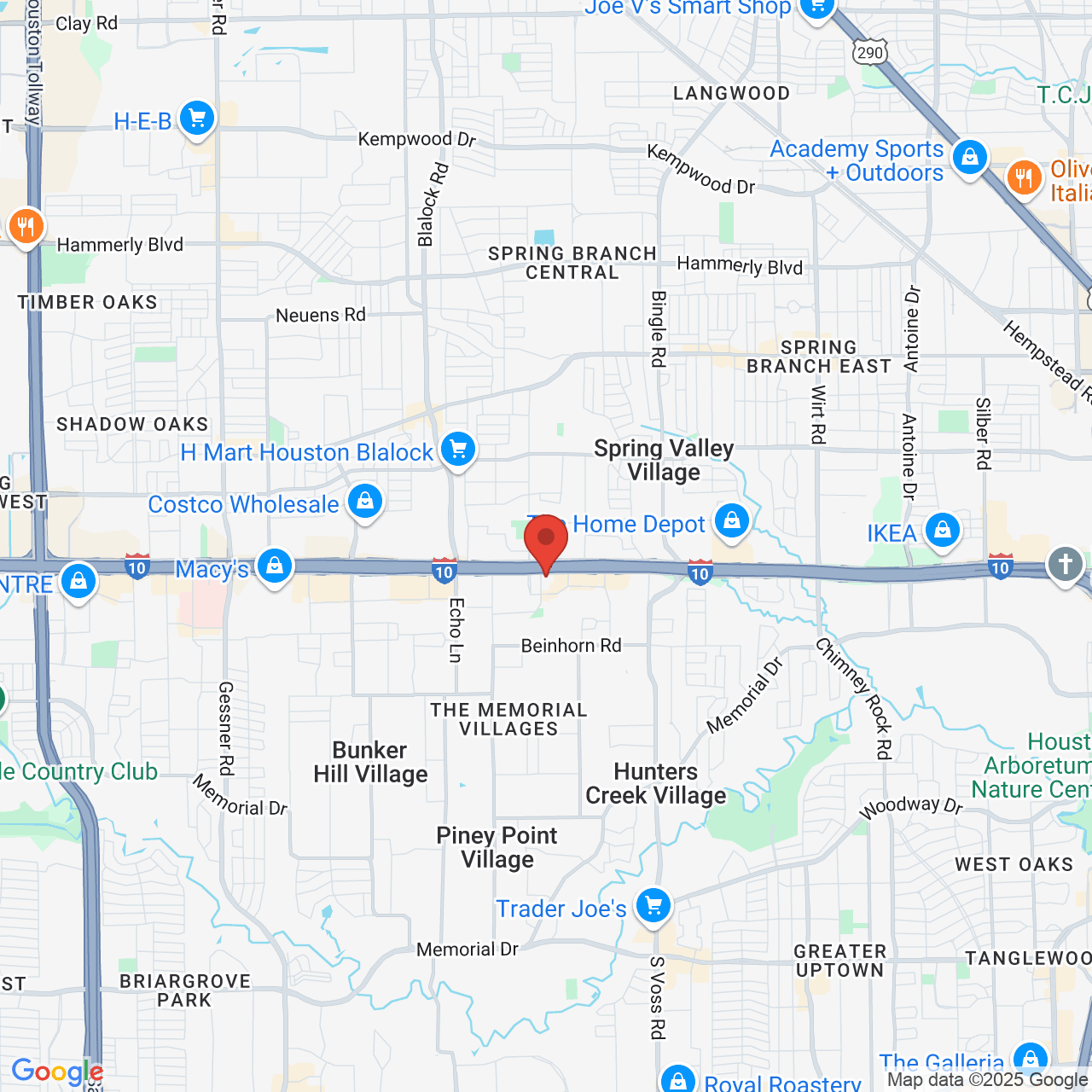What You Should Know About the Hysterosalpingogram (HSG) Test
 Many women come to our Houston fertility center in search of answers. They want to find out why they've been having trouble conceiving, with issues sometimes lasting for a year or more. It can be frustrating, which is why we always approach these concerns with great empathy and understanding.
Many women come to our Houston fertility center in search of answers. They want to find out why they've been having trouble conceiving, with issues sometimes lasting for a year or more. It can be frustrating, which is why we always approach these concerns with great empathy and understanding.
In order to find out what issues a woman may be facing, we need to run some checks. One diagnostic tool we can use is a hysterosalpingogram (HSG). Since the term is not common, we'd like to go into the basics right now.
What is a hysterosalpingogram (HSG)?
A hysterosalpingogram is a diagnostic procedure used to analyze a woman's uterus and fallopian tubes. It involves the injection of a special dye into the uterus which flows through the uterine cavity and fallopian tubes. Images of these organs are then taken via x-ray.
Why is a hysterosalpingogram (HSG) performed?
Our fertility specialists perform a hysterosalpingogram in order to view the shape and structure of a woman's uterus and fallopian tubes, and also to view adjacent structures in the process. By getting detailed x-ray images of these organs, we can determine what sorts of problems a patient may be facing.
What can a hysterosalpingogram (HSG) detect?
A hysterosalpingogram is ideal for detecting:
- Blocked fallopian tubes
- Abnormal uterus shape
- Injury to the uterus
- Foreign objects in the uterus
- Uterine growths (e.g., fibroids, polyps, adhesions)
Preparing for a Hysterosalpingogram (HSG)
Prior to getting a hysterosalpingogram, patients will be asked a number of questions to determine if they are suitable for the procedure. These questions include potential allergies, any current infections of the pelvic region, current STDs, issues with the kidneys, and any current medications being taken. The HSG should take place roughly two to five days after the patient's period has ended.
What Patients Can Expect During a Hysterosalpingogram (HSG)
During the procedure, the doctor first places a speculum into the patient's vagina. A cannula (tube) is then carefully introduced into patient's cervix. Through this tube, the radiological dye is placed into the uterus. Images of the uterus and fallopian tubes will appear on a monitor.
Patients will generally experience sensations of slight cramping during the procedure. In most cases, the HSG will last between 15 to 30 minutes.
What Patients Can Expect After Hysterosalpingogram (HSG)
After the HSG is completed, patients can expect some dye to leak out of their vagina. Minor vaginal bleeding may also occur for several days after the HSG has been performed.
It's important that patients immediately contact their doctor if they experience any of the following:
- Fever
- Severe and/or prolonged vaginal bleeding
- Severe abdominal pain
Treatments for Female Infertility
Once we have determined the cause of your infertility, we can then plot a course of action. If the problem proves to be minor, we will often use treatments that are minimally invasive, such as fertility medications. Should we discover blockages or issues with the uterus, some more invasive procedures may be required. As always, in vitro fertilization is on the table given how effective it can prove.
We will discuss all of your specific options for care in greater detail during the examination and consultation process.
Schedule a Consultation for Fertility Treatment
For more information about your many options for fertility treatment, it's important that you contact our Houston and Sugar Land fertility clinics today. Our entire team looks forward to meeting with you and discussing all of your options for care in greater detail. We are here for you.


